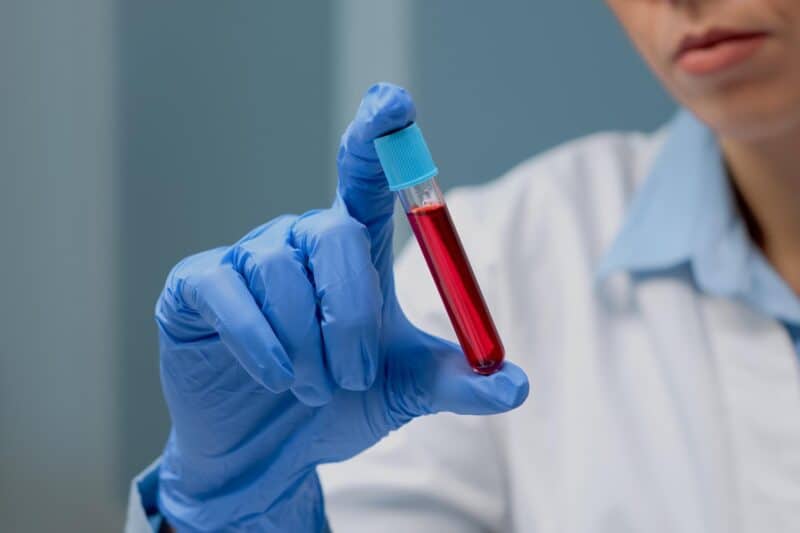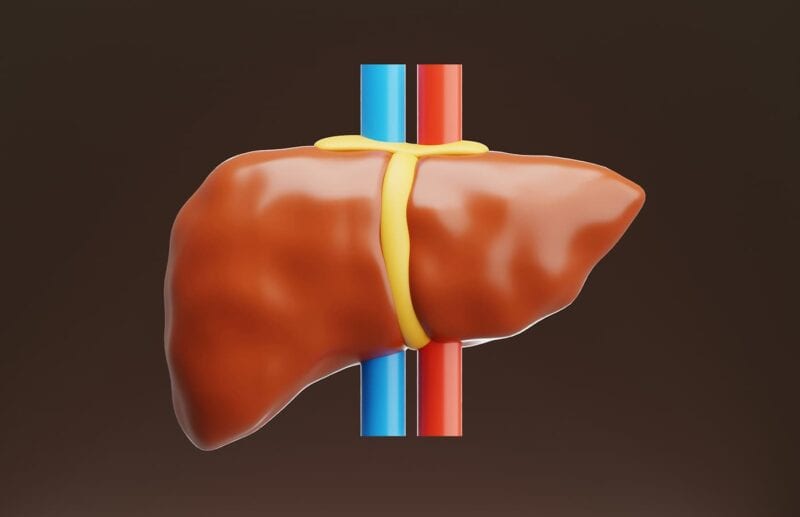Gamma GT test in Reading
Book your private Gamma GT test at The Forbury Clinic in Reading. With prompt results, expert analysis and patient-focused care, we offer a calm CQC-registered environment designed to support your health with confidence.
A Gamma GT (gamma-glutamyl transferase) test is a valuable tool in assessing your liver health. If you are experiencing symptoms such as fatigue, jaundice or unexplained changes in your liver function tests, this blood test can help identify possible causes. At The Forbury Clinic, our consultant-led team ensures that every result is carefully interpreted to give you clear and actionable insights.
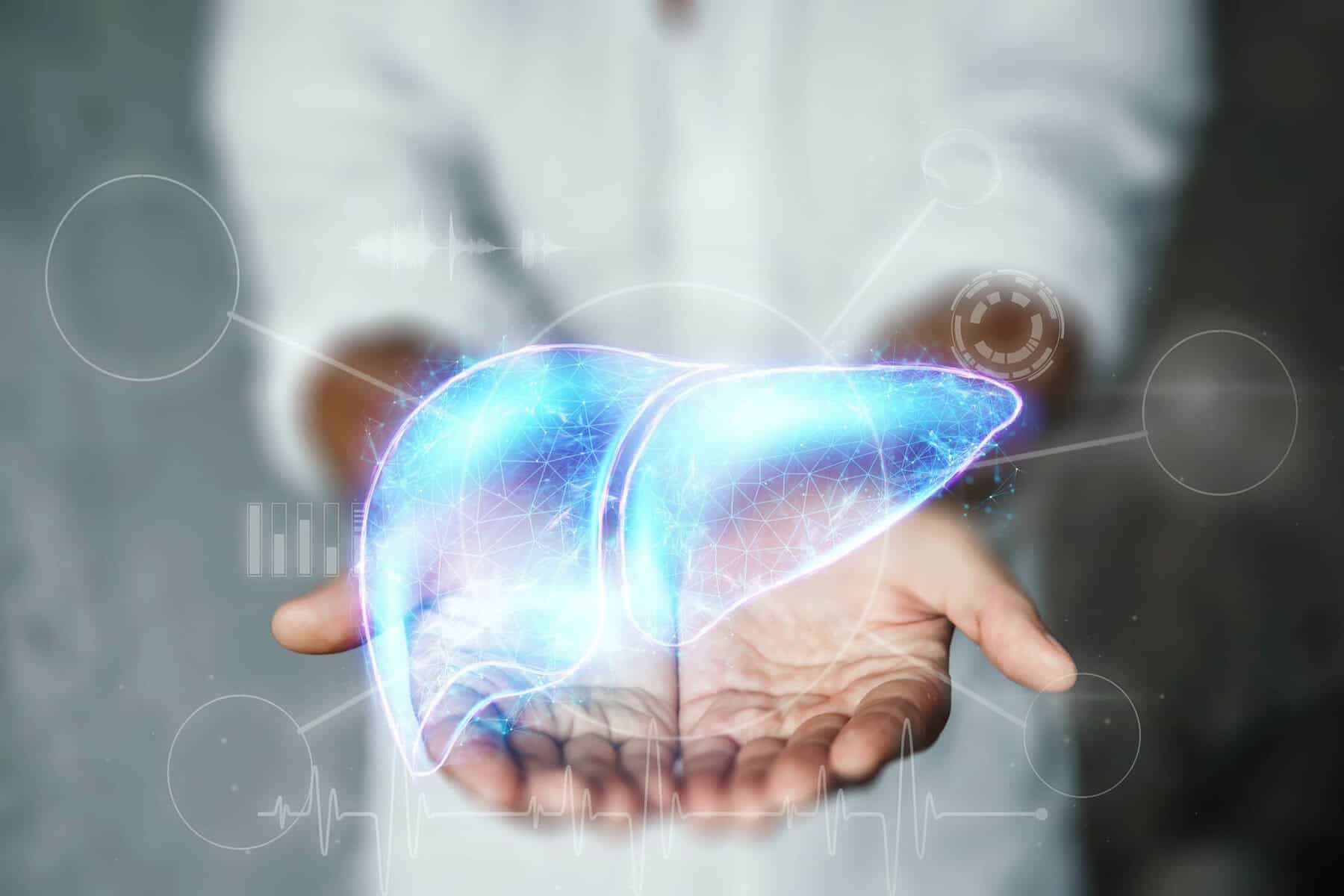
What is a Gamma GT test?
A Gamma GT test measures the level of gamma-glutamyl transferase, an enzyme found primarily in the liver. GGT plays a role in the body’s metabolism and detoxification processes. When the liver is under stress or damaged, GGT levels in the blood often rise.
This test is commonly used to help evaluate the cause of abnormal liver function and to distinguish between different types of liver or bile duct problems. It is also used to monitor ongoing liver conditions and assess the impact of certain medications or alcohol use.
Why is the Gamma GT test done?
Your doctor may recommend a Gamma GT test if there are signs of liver dysfunction or if other liver enzyme results such as ALT or AST are raised. It is often used in combination with other tests to better understand the cause of liver inflammation or damage.
It may also be requested as part of routine health checks in individuals with risk factors for liver disease such as long-term medication use, metabolic conditions or alcohol dependency.
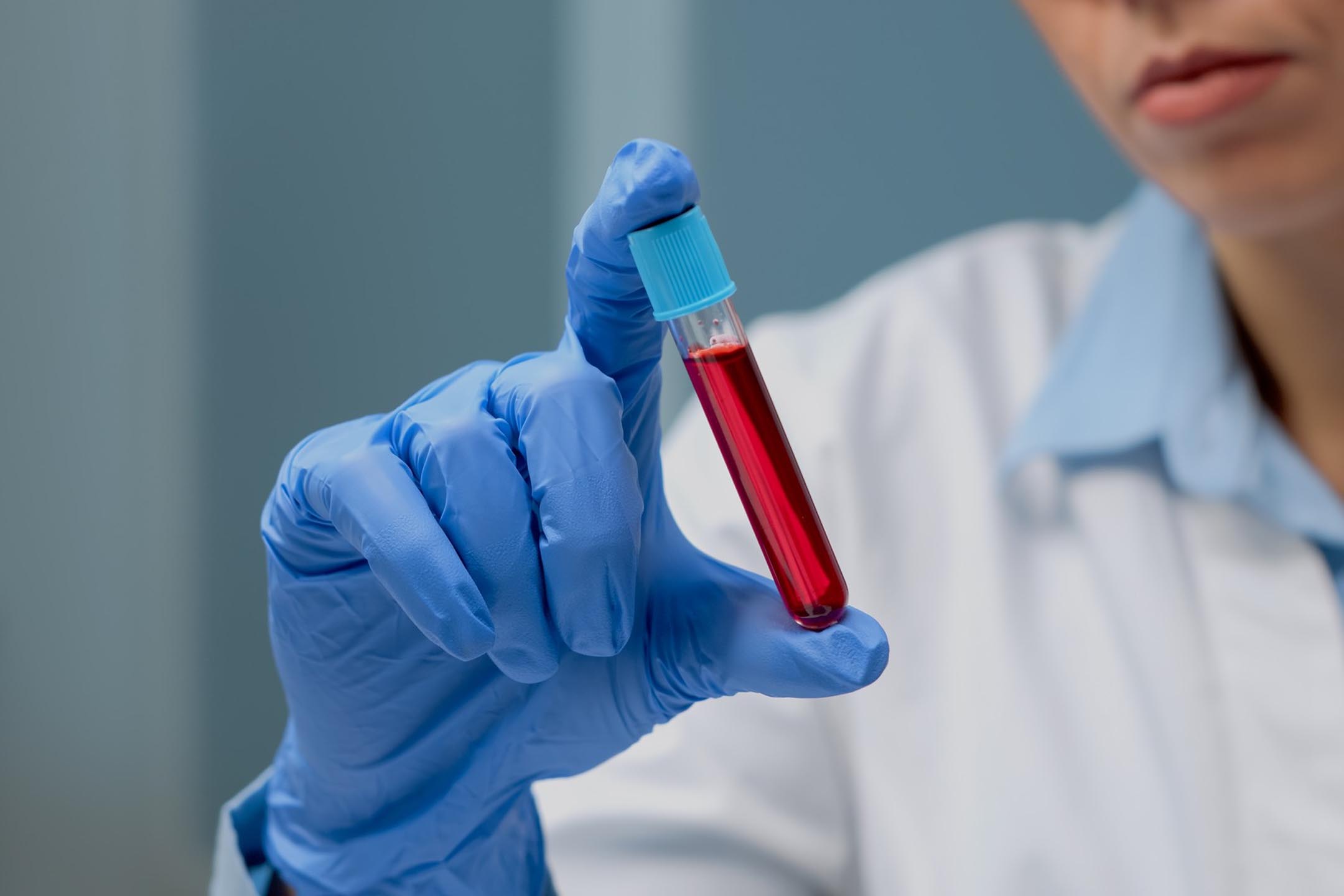
Gamma GT Blood Panels at The Forbury Clinic
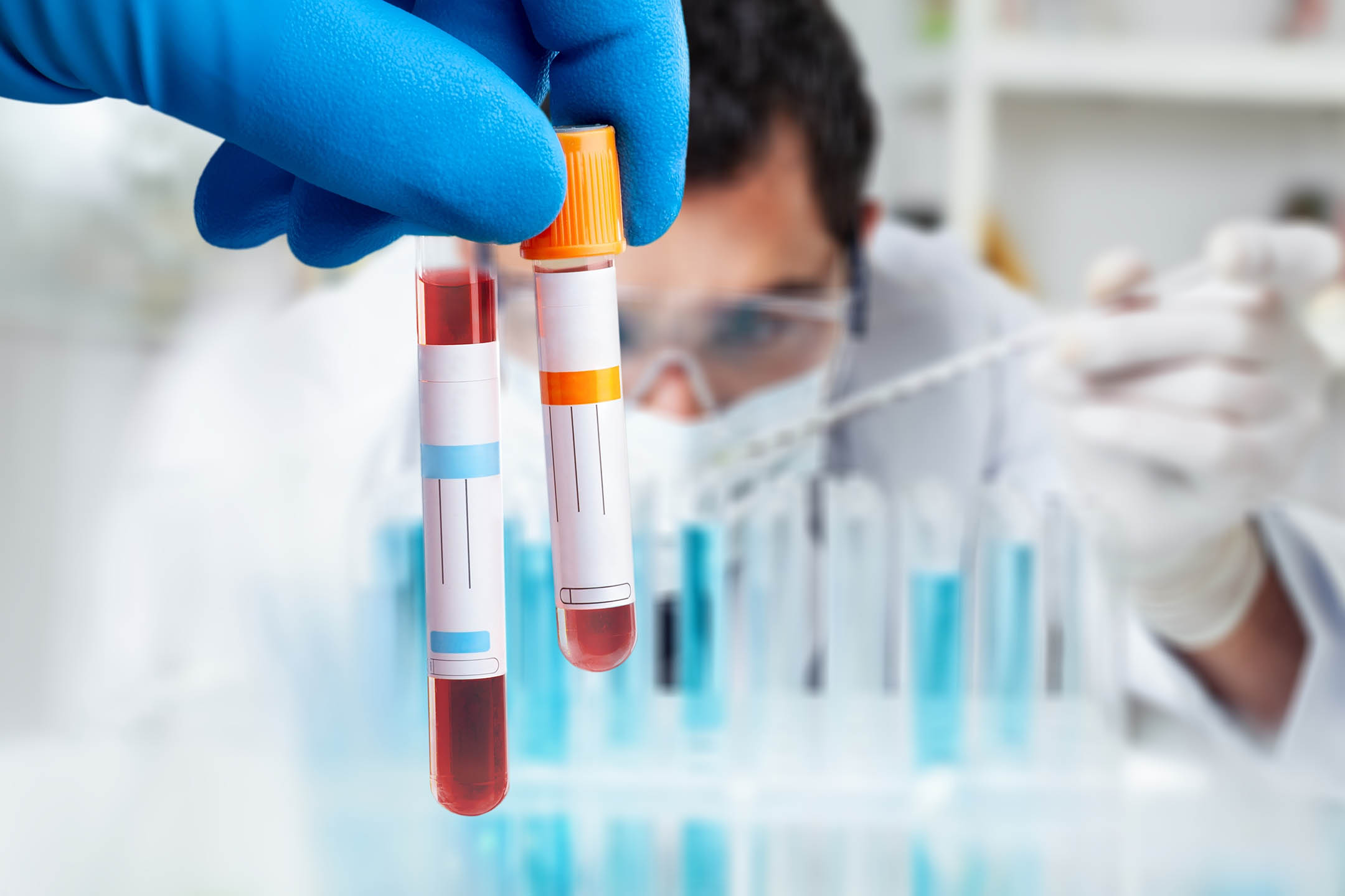
What does a Gamma GT test measure?
The Gamma GT test measures the amount of gamma-glutamyl transferase enzyme in your bloodstream. While this enzyme is present in other organs, its highest concentrations are found in the liver.
The result can help identify problems such as:
- Blocked bile ducts
- Liver inflammation
- Alcohol-related liver damage
- Medication effects on the liver
Because GGT levels can be influenced by a variety of factors, the test is not used in isolation. It is interpreted alongside your clinical history and other test results.
What does a high Gamma GT level indicate?
A raised GGT level may indicate that your liver is under strain or that there is a blockage in the bile ducts. Common causes include:
- Fatty liver disease
- Hepatitis or liver infection
- Excessive alcohol intake
- Certain medications
- Biliary obstruction or gallstones
Higher levels may also occur in individuals with diabetes or heart failure. The test does not diagnose a specific condition but offers a useful signal that further assessment may be needed.
Can high Gamma GT levels indicate alcohol abuse or liver disease?
Yes, persistently high GGT levels can be linked to chronic alcohol use and are often seen in people with alcohol-related liver disease. However, raised levels are not exclusive to alcohol misuse and can also reflect other causes of liver or bile duct stress.
At The Forbury Clinic, we assess your result in context by taking into account your history, symptoms and any additional tests to ensure a measured and non-judgemental approach to your care.


Why Choose The Forbury Clinic?
When you choose The Forbury Clinic for your Gamma GT test, you are choosing specialist-led diagnostics in a discreet and supportive setting. Every test is reviewed by experienced clinicians who will explain your results clearly and help you understand the next steps if needed.
We are fully CQC-registered, based in Reading and committed to delivering healthcare that is precise, compassionate and tailored to your individual needs.
Book your private Gamma GT test in Reading today. Whether you are investigating liver symptoms or monitoring an existing condition, our team is here to support your health journey with expertise and care.


